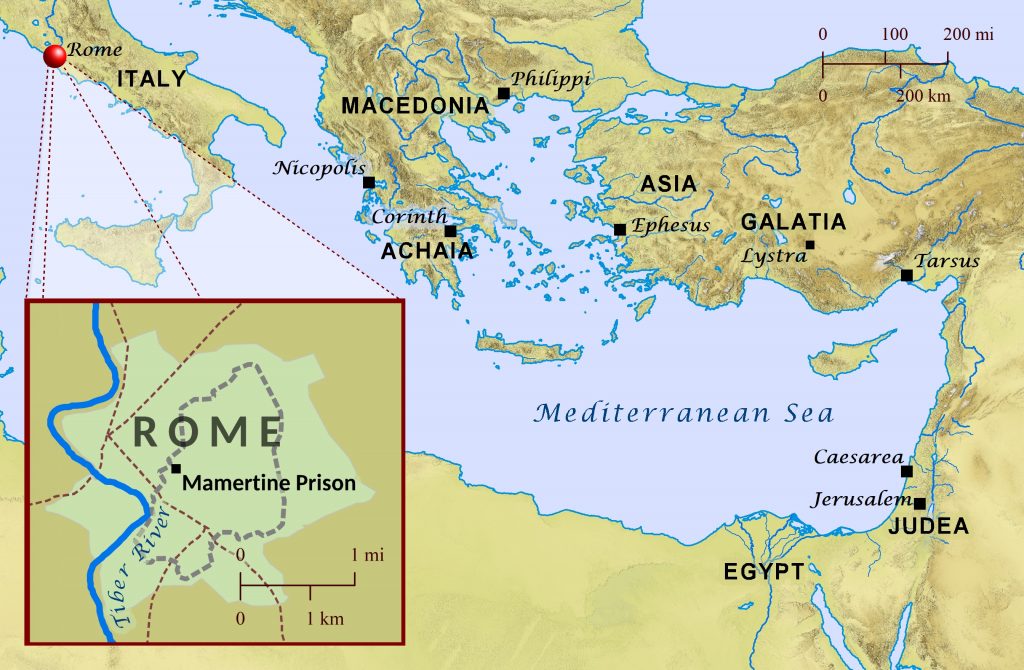Readers’ Version
Literal Version
24:1 The Jews accuse Paul before Governor Felix
24 Five days later, Ananias the chief priest arrived along with some elders and an attorney named Tertullos, to bring the charges against Paul before Governor Felix. 2 Once he was called to speak, Tertullos began his accusation of Paul:
“We have seen peace under your rule and the helpful reforms that this nation has experienced through your provision, 3 most excellent Felix, and we gratefully welcome everything you’ve done and everywhere you’ve done it. 4 But in order not to oblige you longer than necessary, in your gentleness we request you to listen to our brief statement. 5 This man here has been found to be a troublemaker, stirring up riots among the Jews throughout the inhabited world, and as a ring-leader of the Nazarite sect 6 he even attempted to profane the temple where we were able to arrest him. 7 ◘ 8 When you examine him yourself you’ll discover all these things that we’re accusing him of.” 9 The Jews who had come also affirmed all the accusations.
2 And of_him having_been_called, the Tertullos began to_be_accusing him saying:
Of_great peace obtaining through you, and of_the_reforms becoming to_ the this _nation through the your provision, 3 both everything and everywhere, most_excellent Faʸlix we_are_welcoming it, with all thanksgiving.
4 But in_order_that I_may_ not _be_hindering more for you, the in_your gentleness I_am_imploring you to_hear from_us briefly.
5 For/Because having_found the this man a_pestilence, and stirring insurrections to_all the Youdaiōns which in the inhabited_world, and a_ring_leader of_the of_the Nazōraios sect, 6 who even attempted to_profane the temple, also whom we_apprehended.
7 8 from whom you_will_be_able yourself, having_examined him concerning all these things, to_know of_which things we are_accusing against_him.
9 And the Youdaiōns also piled_on, alleging these things to_be_having thus.

